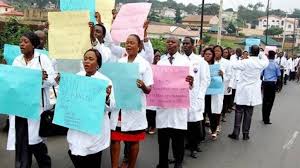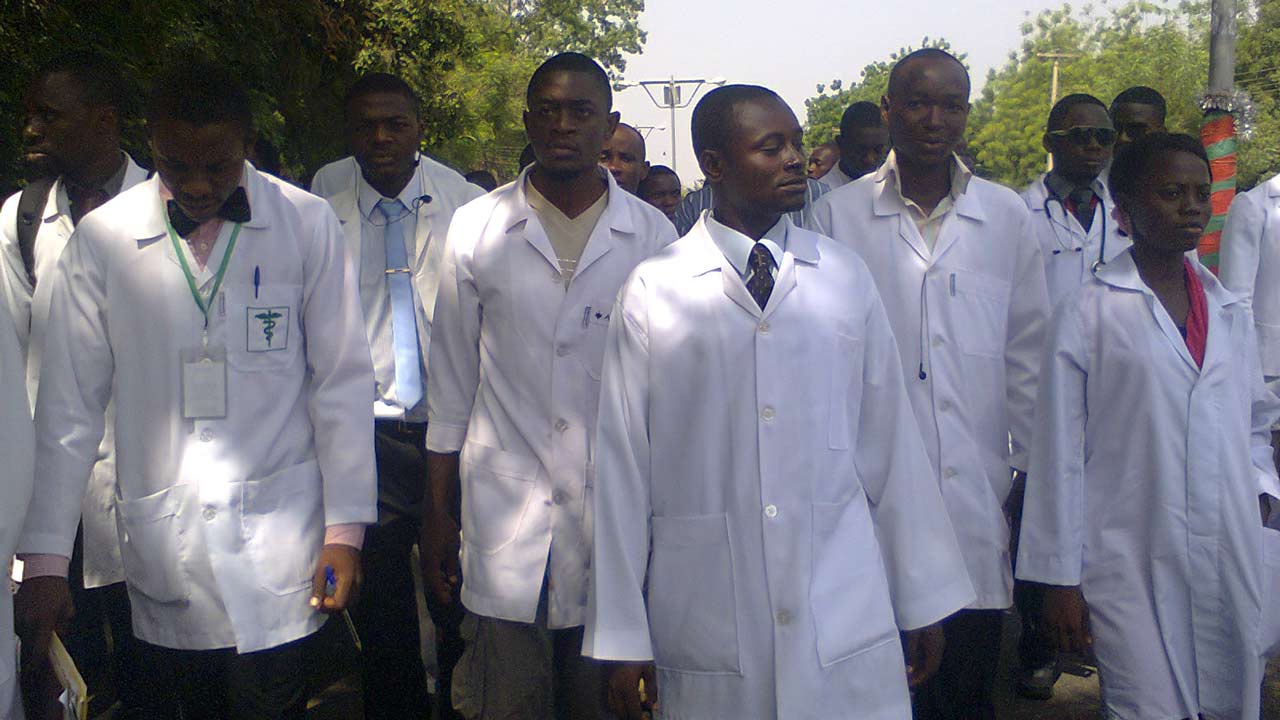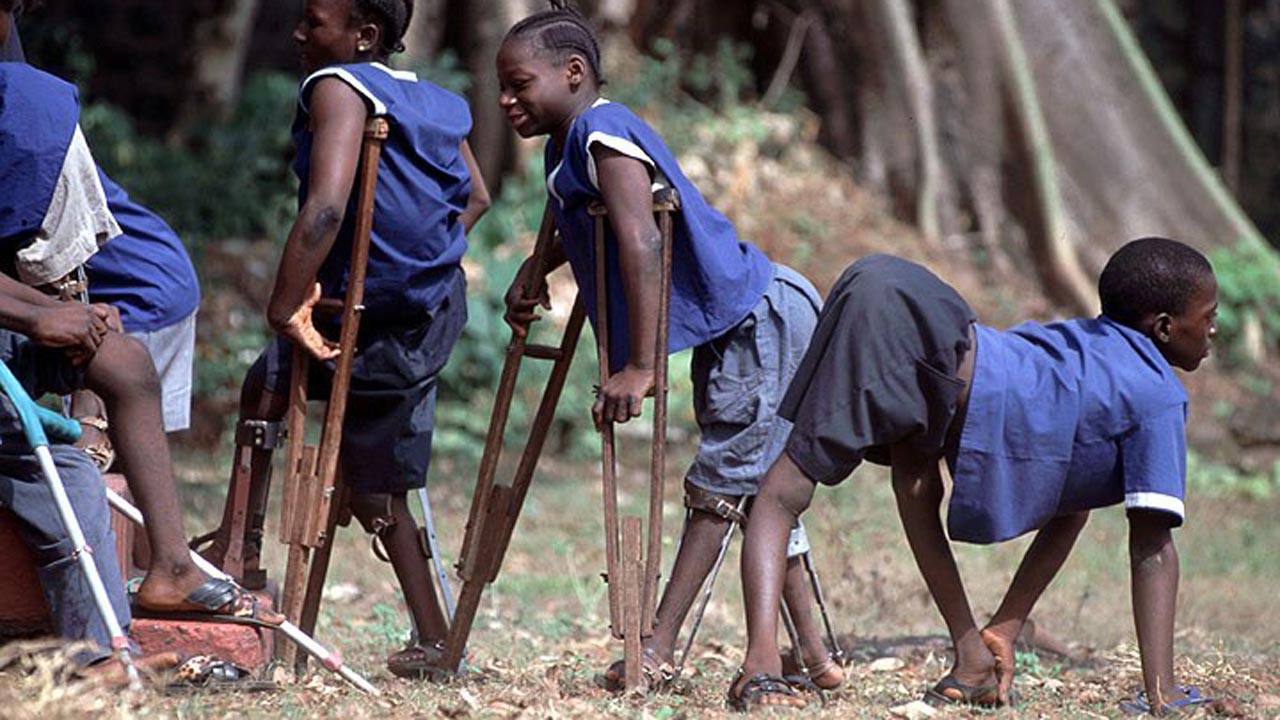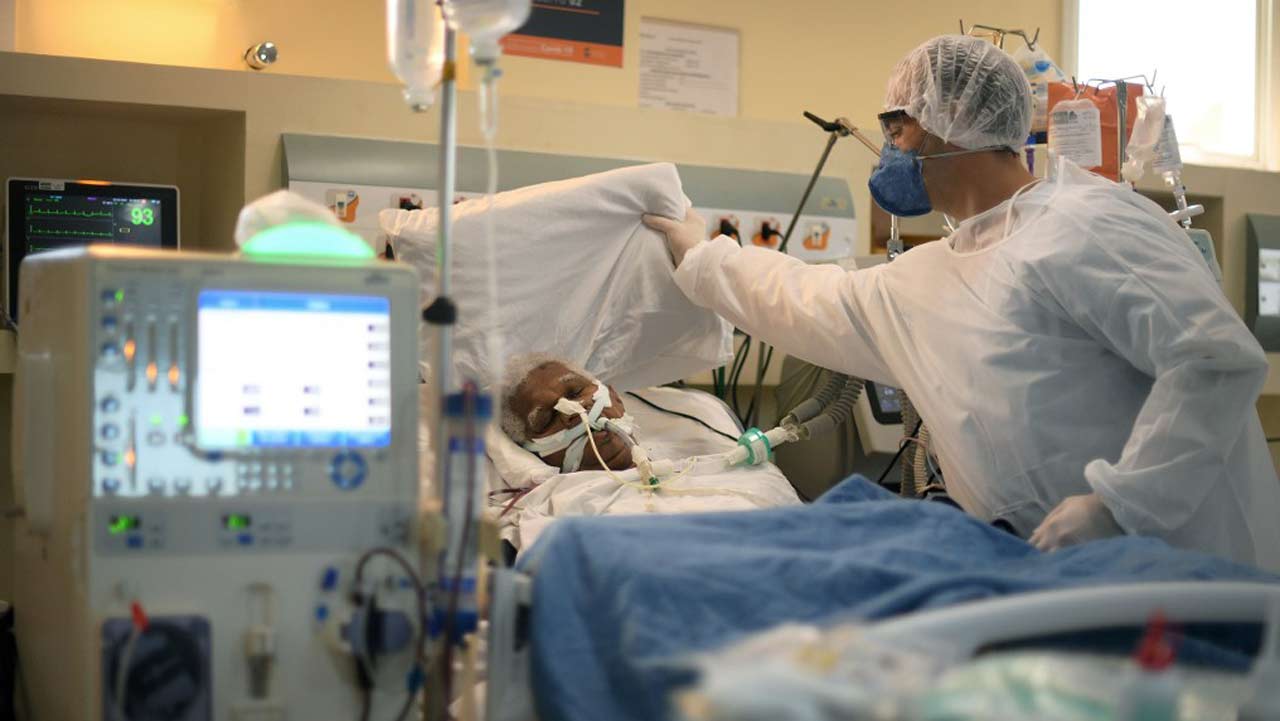Against the background that many of the cancer patients in Indian hospitals are Nigerians, according to reports, it is a shame that the authorities still treat the menace with levity.
But last week, there was a conscious attempt to put an end to indiscriminate deaths from the scourge when some prominent Nigerians in Lagos embraced the “Big War Against Cancer”, an initiative of the Committee Encouraging Corporate Philanthropy (CECP) for early detection and treatment of the disease.
The CECP is raising funds for 37 mobile cancer centres (MCC), one for every state and the Federal Capital Territory (FCT) at an estimated cost of N120 million per centre.
The eminent Nigerians led by Vice-President Yemi Osinbajo agreed that early detection and treatment services were critical to defeating cancer.
Indeed, the World Health Organisation (WHO) estimated that one-third of cancer cases are preventable and treatable while another one-third can live quality life if given adequate and timely treatment.
Dr. Christopher Kolade, a member of CECP, put it more succinctly when he said that cancer is not a death sentence but a challenge “that all Nigerians must brace up to defeat” and “if we do not engage in the war to defeat cancer, then cancer will overcome us.”
Cancer is an important health care concern for the country. Some 24 Nigerians die daily from cancer-related ailments, the National Cancer Prevention Programme (NCPP) has said.
According to NCPP, 80,000 people die yearly from the disease while 100,000 are diagnosed yearly. Lagos State NCPP Coordinator, Dr Abia Nzelu said people die unnecessarily because of the state of our healthcare facilities.

Cancer is an ailment where early detection and treatment can make the difference between life and death. The present high death rate is a measure of the state of our hospitals. Most Nigerian hospitals and medical centres lack the diagnostic capacity to quickly detect and treat cancer infections.
This has greatly compounded the problem, forcing several Nigerians to travel to countries like India, the Emirates, United Kingdom, etc., in search of treatment for the disease. According to Nzelu, “India has over 120 comprehensive cancer centres and we don’t have even one centre”.
It is indeed curious that despite avowals by successive governments that healthcare is one of their core agenda of action it is becoming increasingly difficult to see the impact on the citizenry even with the existence of the National Health Insurance Scheme.
Given that the easier the access to medical facilities, the better the chances of preventing the disease, the pertinent questions remain:
Why hasn’t the government sufficiently equipped some of the hospitals in the country to serve as cancer treatment centre of excellence? Why is it that a country with an estimated population of 170 million has only six radiotherapy centres when the WHO recommended one per 250,000 persons? Further complicating the situation is the very low awareness of the scourge among Nigerians, particularly among rural women.
The Federal Ministry of Health and the National Orientation Agency are yet to create the level of awareness that would bring sufferers to the danger of the cancer scourge.
Instructively, the most common types of cancer in Nigeria are carcinoma of the uterine cervix and breast for women and liver and prostate cancers for men over 40 years. Cervical cancer kills far too many women yearly because of lack of awareness and resources for treatment. It has been shown that simple and inexpensive vinegar test can cut down drastically on the number of deaths.
This is why we endorse the CECP initiative aimed at making cancer detecting and treatment facilities available across the nation. We urge the federal, state governments, corporate and wealthy Nigerians to support this worthy cause.
As Professor Pat Utomi rightly put it at the occasion, it is for our “enlightened self-interest.”
By: The Citizen Ng
ABUJA: Training Schedule for Basic Life Support BLS, Pediatric Advanced Life Support (PALS), Advanced Cardiovascular Life Support ACLS, First Aid, CPR, AED
PORTHARCOURT: Training Schedule for Basic Life Support BLS, Pediatric Advanced Life Support (PALS), Advanced Cardiovascular Life Support ACLS, First Aid, CPR, AED
LAGOS: Training Schedule for Basic Life Support BLS, Pediatric Advanced Life Support (PALS), Advanced Cardiovascular Life Support ACLS, First Aid, CPR, AED




